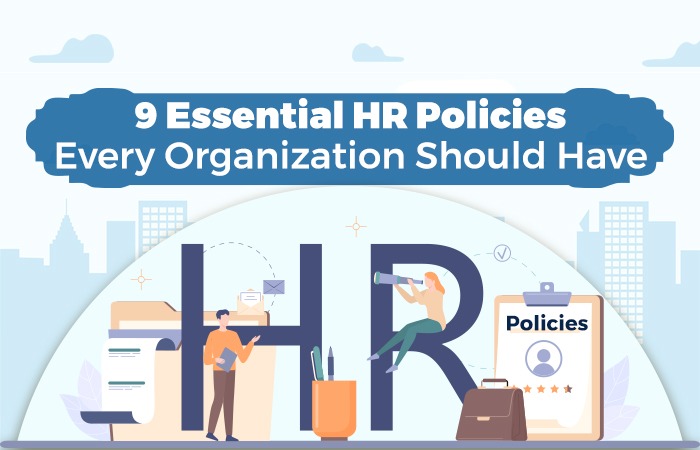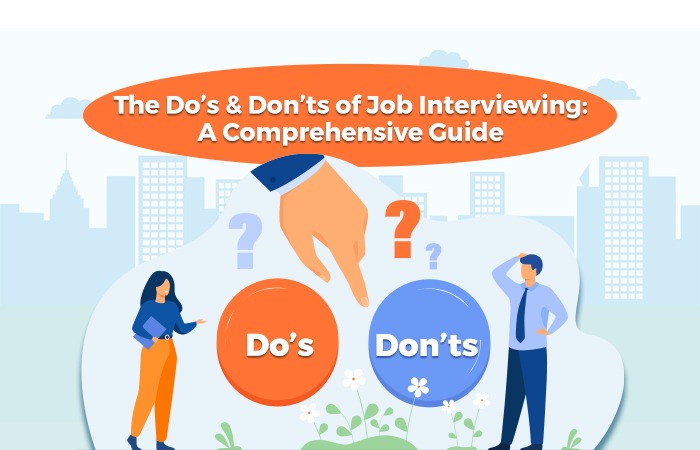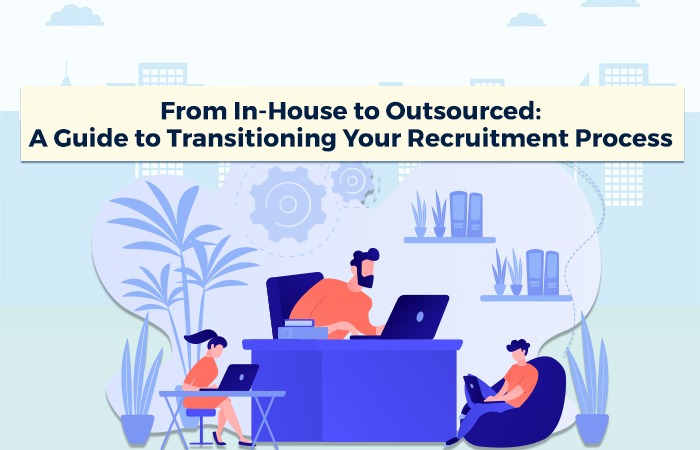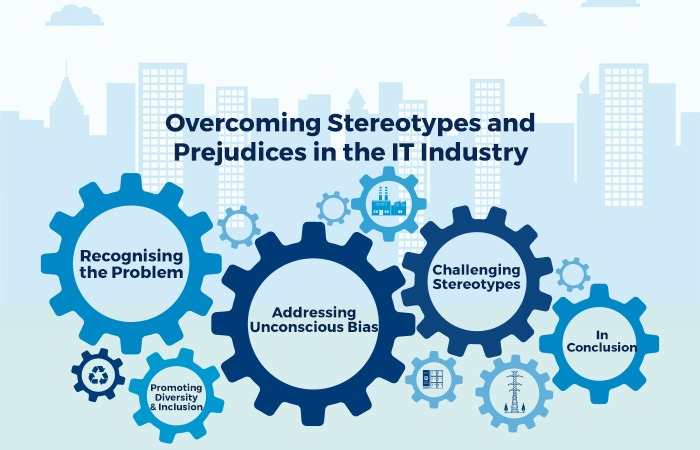We have all been reading about the Great Resignation. It is real and it is happening across the world.
According to the US Bureau of Labour Statistics, over the past several months, US has seen millions of workers quit their jobs. A quick look at the statistics shows the ones from tech and healthcare industries are quitting at the highest rates.
The reason for this is not just the money. Post pandemic, employee expectations are changing, and they are now looking for better career growth opportunities, working conditions, work-life balance amongst other things.
As workers quit, it becomes extremely critical for companies to find out the reasons behind the resignation.
Knowing the reason for quitting helps you not only reduce employee turnover, but also improve the work environment for the current and future employees.
However good the company, employees quitting the company is inevitable. As a tool to understand the employee experience with the company and more importantly, the reason for quitting, HR department usually conducts Exit Interviews.
Exit Interviews help provide valuable inputs about the issues behind employee attrition.
In this blog, we will explore how useful are Exit Interviews and what can be done to improve their effectiveness.
Benefits of Conducting Exit Interviews
Exit Interviews help in multiple ways.
- Exit interviews help assess the mood and perception of the company amongst its employees.
- It provides inputs on the problem areas, if any, with respect to the work culture or environment.
- It helps gain constructive feedback about the organisation policies.
- It helps provide inputs on the onboarding & training needs.
- It can help improve employee retention if you know the pain areas and can implement changes based on the feedback provided.
- It helps improve the employer brand image when the employees leave on a positive note.
However, exit interviews may not always be effective. Here’s why.
1 – Incorrect information
Exiting employees may not always share correct information. Most employees do not want to get into the bad books while leaving and hence avoid telling the truth during the exit interview. They would rather tick it off as a formality rather than burning the bridges by saying anything negative about the company or the manager.
2 – Incorrect or Incomplete understanding of issues
The exit interview is usually conducted by the HR department and they may or may not understand the context of the issue or feedback. Moreover, sometimes they might be aware of the issue and not willing to acknowledge it or take the feedback because it reflects poorly on the management.
3 – No action taken on exit interview inputs
The most important objective of an exit interview is to be able to use the feedback to improve employee retention. If the inputs provided during the interview are not taken seriously, it beats the purpose. Most often the exit interviews are considered as just formalities and the findings are filed away without any action taken.
4 – Timing of the feedback
One of the biggest drawbacks of an exit interview is that it is taken at the time of departure when there is not much that can be done to prevent the employees from leaving. Moreover, there is not much scope for any follow-up after the employee has left.
To address the above issues, companies should look at a regular feedback mechanism that provides inputs about the employee satisfaction at the workplace.
More and more companies are realising the importance of regular feedback as opposed to one time review or exit interview. Regular feedback helps provide valuable information that can help improve employee experience and reduce churn.
Here are some advantages of taking regular feedback from employees
1 – Nip the Issues in the Bud
Getting regular feedback on issues helps you address the matter as they arise and take timely action wherever possible. Collecting regular feedback from your employees provides you with a chance to make changes at the workplace or the teams or the concerned person level, at the right time, rather than getting to know of the issue after it is too late.
2 – Monitor Retention Initiatives
Getting inputs from regular employee engagement surveys helps you monitor how well are your HR initiatives faring. Timely inputs will help make corrections on time saving money and reducing churn.
3 – Improve Work Environment & Employee Engagement
You can reduce dissatisfaction and negativity in your company by letting the employees know that you are serious about addressing issues bothering them. Working on providing them with solutions also shows that the employees are valued, which in turn helps improve employee engagement.
In conclusion, depending solely on exit interviews will not help in bringing down attrition rate or help improve work environment. Regular employee engagement surveys can help provide more effective and timely data to identify attrition risks and reduce employee turnover.













